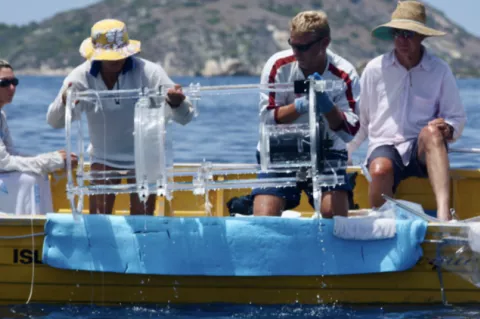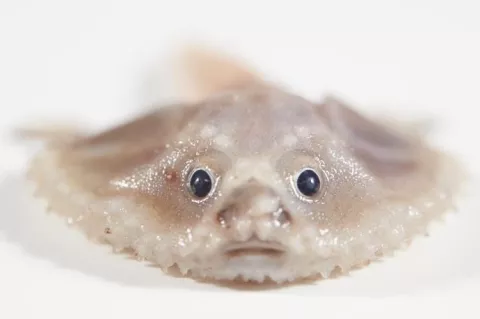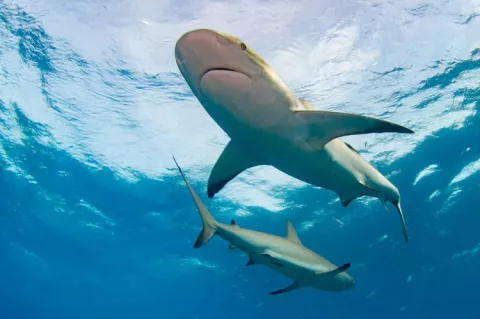Fish larvae use external clues to find their way
In this study, researchers discovered that fish larvae around the world used external cues like the sun, Earth’s magnetic field and sounds to find their way around in the open ocean.
The fish larvae were able to control their destination and migrate by keeping a bearing.






